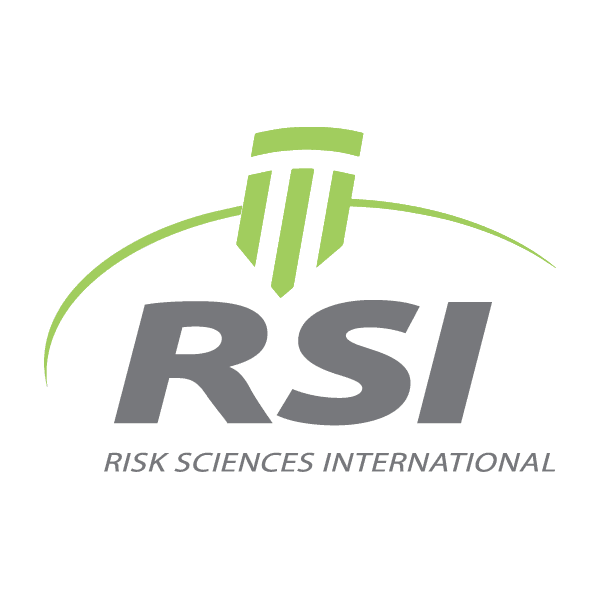Cannabis regulation has rapidly evolved in recent years, shifting from prohibition toward medical and recreational legalization in many jurisdictions. While legalization brings opportunities for economic growth and social justice reforms, it also raises significant public health and safety questions. Concerns include impaired driving, adolescent use, product contamination, and the long-term health effects of high-potency formulations.
The sector is characterized by scientific uncertainty, rapidly changing laws, and strong stakeholder interests. Governments must balance public health priorities with economic and social considerations, industries are under scrutiny to ensure product safety and responsible marketing, and health professionals require evidence-based guidance for patient care. Public perception is divided, with advocacy groups emphasizing benefits and risks in equal measure, and media coverage often amplifying debates.
Risk sciences provide a structured, evidence-based lens to navigate these complexities. They can help evaluate health outcomes, model patterns of use across populations, and assess regulatory interventions such as potency caps or labeling requirements. Risk communication is equally critical, ensuring that the public receives accurate, balanced information that informs rather than inflames.
RSI is committed to supporting safe and evidence-based cannabis policies, bringing the scientific expertise and practical experience required to guide this evolving sector responsibly.

